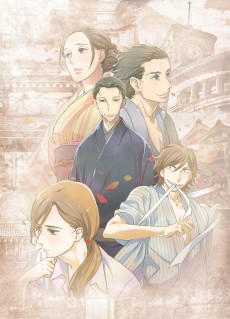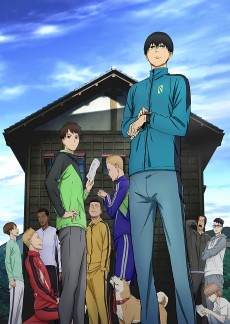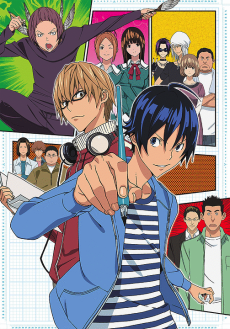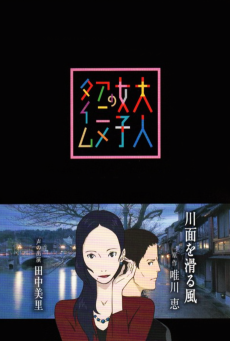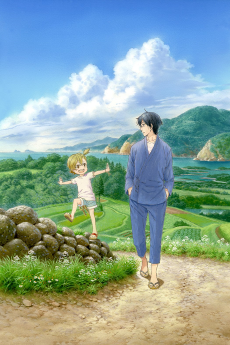FUNE WO AMU
STATUS
COMPLETE
EPISODES
11
RELEASE
December 23, 2016
LENGTH
23 min
DESCRIPTION
The series follows the employees at the Genbu Shobou publishing company. Araki, who is a veteran editor for the dictionary department, is looking for a successor now that he's approaching retirement age. After Majime Mitsuya — a salesman who's a poor talker — meets Masashi Nishioka — Araki's coworker who is sociable and frivolous — Araki overhears their conversation and decides to recruit Majime into the department. The story follows "the awkward humans" Majime and Masashi as they work together to compile a medium-sized Japanese dictionary titled "The Great Passage" (Daitokai).
(Source: Anime News Network)
CAST
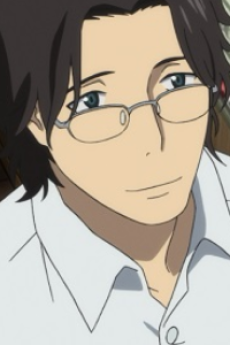
Mitsuya Majime

Takahiro Sakurai
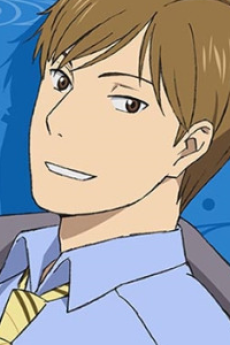
Masashi Nishioka
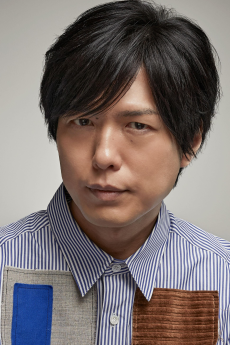
Hiroshi Kamiya
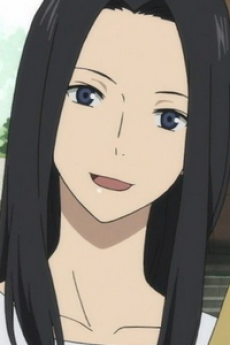
Kaguya Hayashi
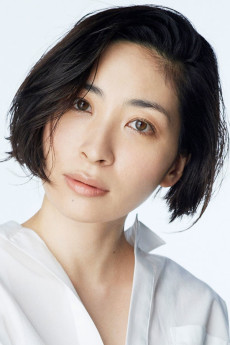
Maaya Sakamoto
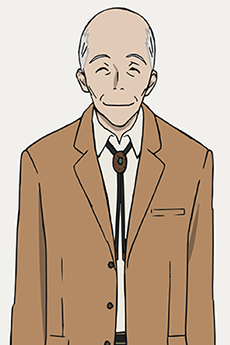
Tomosuke Matsumoto

Mugihito
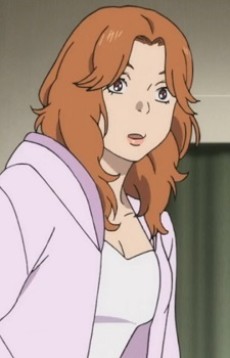
Remi Miyoshi
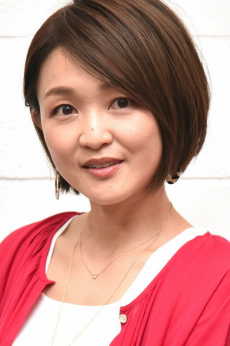
Chiwa Saitou
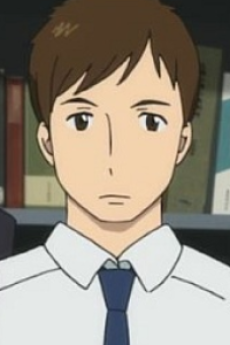
Shinichirou Miyamoto
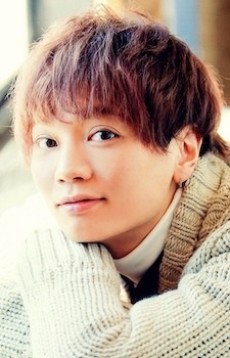
Shintarou Asanuma
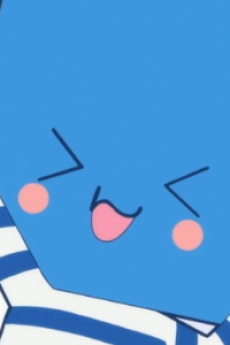
Kai-kun
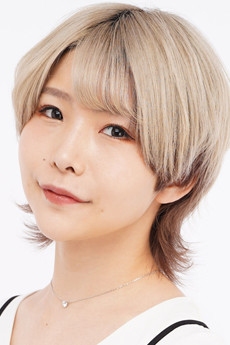
Azuki Shibuya
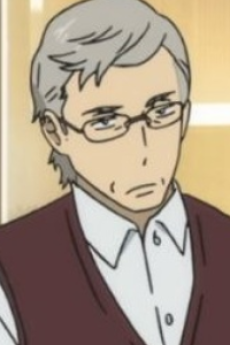
Oda-kyouju
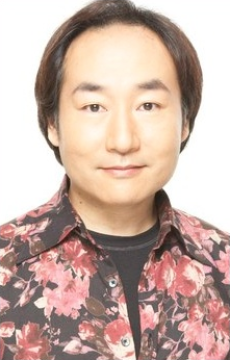
Nobuo Tobita
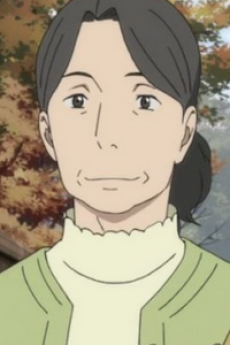
Chie Matsumoto

Mari Yokoo
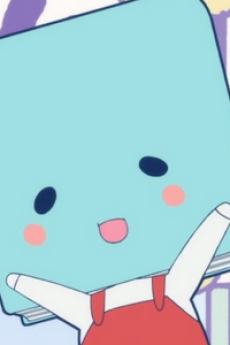
Sen-kun
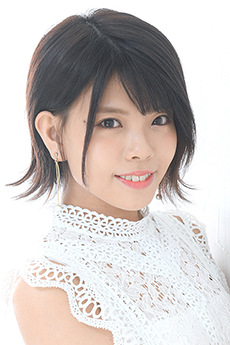
Satsumi Matsuda
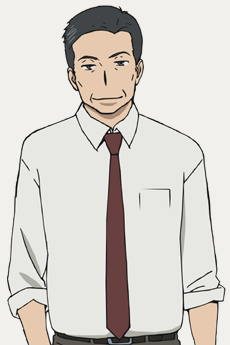
Kouhei Araki
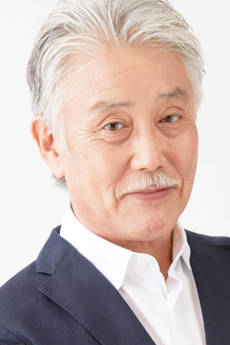
Tetsuo Kanao
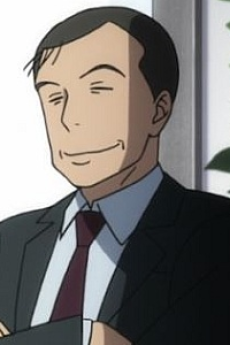
Yamashita-kyokuchou
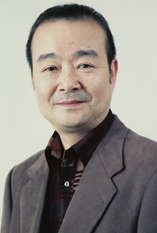
Tomomichi Nishimura

Midori Kishibe
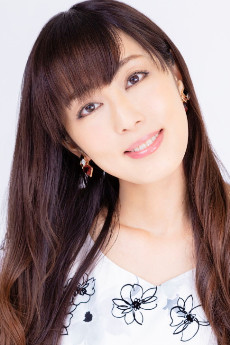
Youko Hikasa
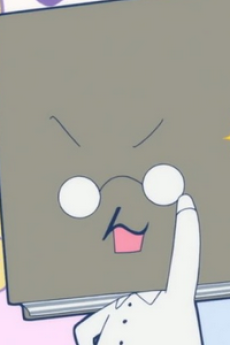
Hiroshi
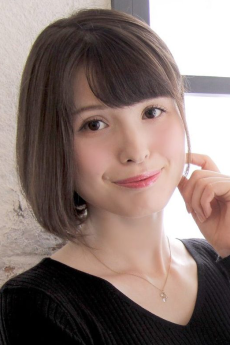
Sarah Emi Bridcutt
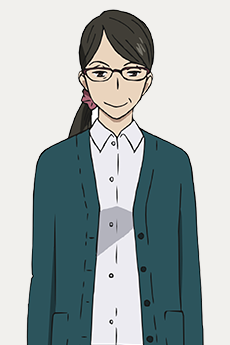
Kaoru Sasaki
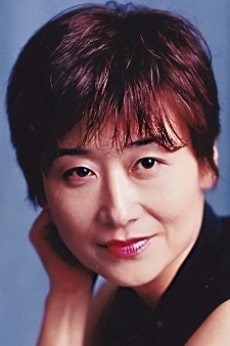
Yoshiko Sakakibara
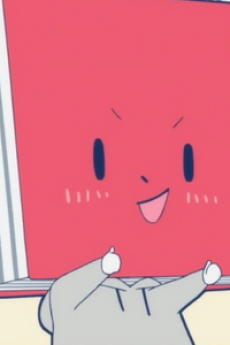
Rinta
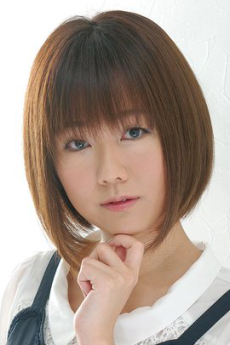
You Taichi
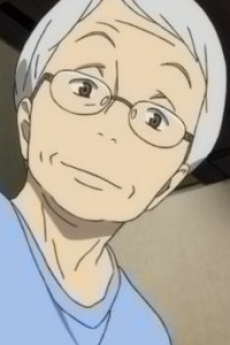
Take Hayashi

Ikuko Tani
EPISODES
Dubbed

Not available on crunchyroll
RELATED TO FUNE WO AMU
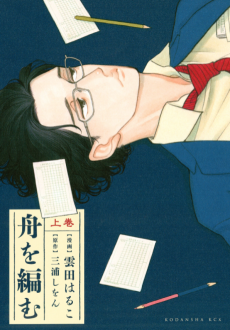 MANGA DramaFune wo Amu
MANGA DramaFune wo AmuREVIEWS

Nagas
90/100My take on the charming show of The Great PassageContinue on AniList
Synopsis Our journey begins with Mitsuya Majime working in a sale's department for a publishing company called Genbu Shobō. However due to his personality, he's very shy and lacks the presence that a businessman would therefore he has a hard time performing his job and gets called out by some fellow coworkers for it. This is until he meets Masashi Nishioka a fellow worker of the publisher working in the dictionary department that ever so happens to need an extra hand...
Story Retirement, dictionaries and work ethics, if those works don't turn you on, i don't know what will.
The story begins with Mitsuya Majime, a somewhat odd men that sells all sorts of written products such as journals, magazines, books, and several other articles of the sort. Now, Majime is your typical case of an introvert, he has an awful time going from place to place trying to sell his company's products, his posture when dealing with clients is completely off and overall he can't get his act together and adding that to the fact that he can't talk to people, he tends to close himself in his room and has an insane book collection that he loves. The future isn't looking brightly for Majime...
One day on his routine he is noticed Majime is scheduled to go trade his goods at a local library, as usual his performance is lacking so very much so that a fellow coworker from the same company sees this, Masashi Nishioka. Nishioka takes pity on his fellow coworker and decides to walk with him and teach him some tips that might improve him, however Nishioka realises that Majime isn't exactly... normal and starts asking him questions about meanings of words (a habit he picked up at his department) but to his surprise Majime was amasing at it... at the end both of them split and go into their normal life's...
In the meantime the dictionary department at Genbu Shobō is facing a big issue, the department only has 4 employees, one being part-time, the responsible, Kouhei Araki is going into retirement, and he needs to find a suitable candidate to take over the new dictionary project that is under way. But this is more of an issue that one could imagine since such a person would have to critically understand a word before s/he could describe it also it's not a job most people want due to a lack of reputation, the pay and very to no space for career flexibility.
However after a brief routine discussion between Araki and Nishioka they bring about the meeting between the former and Majime. Fire spreads through Araki's eye's as his realizes the potential in this young man, he brings Nishioka with him and rushes to recruit this young man into his department. A task that was achieved and this is pretty much where the entirety of the show starts.
Now, this does not to mean that there won't be any meaningful moments which is nowhere near the truth but now the story is set in motion and most of the characters have been introduced at this point. I feel obliged to tell you that this show is a down to earth story, it's an adult drama that depicts reality, there's no character used to balance off the story or bend it into some morality question as i often see. It's a pure tale of a group of people learning to live in their world more than making a dictionary, the strength of this show is the relationship between the characters and the love they commit in work. Don't expect any effects or plot twists, the studio decided to flow threw a very thin line that could throw many people off for the slow paced and lacking interest points HOWEVER it did so perfectly, every moment, every line is delivered at the right moments with the right impact, you better get your tea ready for this one.
Characters The show truly goes around these characters and their interaction with their life. That is not to say the other characters lack content. One of the things i loved about this show is how they use the characters to jump of each other and grow with each other. I would have loved for some characters to have a bit more background and entity but there's only so much you can do with 11 episodes. Other than that I'm fairly sure every single one of them will grow in your heart as time passes it's an wholesome experience.
Mitsuya Majime  Masashi Nishioka
Masashi Nishioka
 Kouhei Araki
Kouhei Araki

Art/Animation/Music OK, I'll just go over the music real quick. It's not.... what it could be. The music here only servers as an ambient setter and most of the times it does so accordingly but there were some times that it kinda wasn't appropriate and it kinda turns into out of the ordinary moments.
Other than that, the art is what you'd expect from a adult drama, it's standard, and regular, the landscape is pretty and it created this mindset of peace and meditation that works amazingly with the show.
The animation was well, normal. With a few exceptions, it takes you by surprise and throws a massive wind gust at you from nowhere. It's just like when you're going to the beach, you know what's there, and you know where you're going, but when you step over that hill and the sea air and smell hit you. You just have to stop and take it all in. That's how good it is.
Final Verdict WORD
noun
a single unit of language that has meaning and can be spoken or written.This is what a word is according to the Cambridge Dictionary...
But as you'll find in The Great Passage, words are more than units, they're people, they're feelings, they're places, they're time, words are everything.
And that's essentially what this show is about, it's about exploring who we are and finding ways to convey it into words. It's about giving words the meaning they deserve, so that the people who need to tell a story or share a message won't be stopped just because of some letters combinations.
In a way, it's a bit like mecha shows, sure, you're interested in the big object they present to you, like the robots, the magic or the dictionaries and if not it managed to take your attention. However later on you realise that all that really matters is the people and that's what makes it wonderful.

springdaughter
96/100Never have I fallen in love so hard, so fast.Continue on AniList"I don't necessarily believe that dictionaries are the be-all, end-all."
"What do you mean?"
"I just mean that they're made by people. You can't gather every word. And words are alive, so their uses and nuances change with the times. When you think of it that way, you would say there's no real correct definition. Even so, those who make dictionaries continue to try."
--- This review is a love letter, to a love letter, about a love letter.
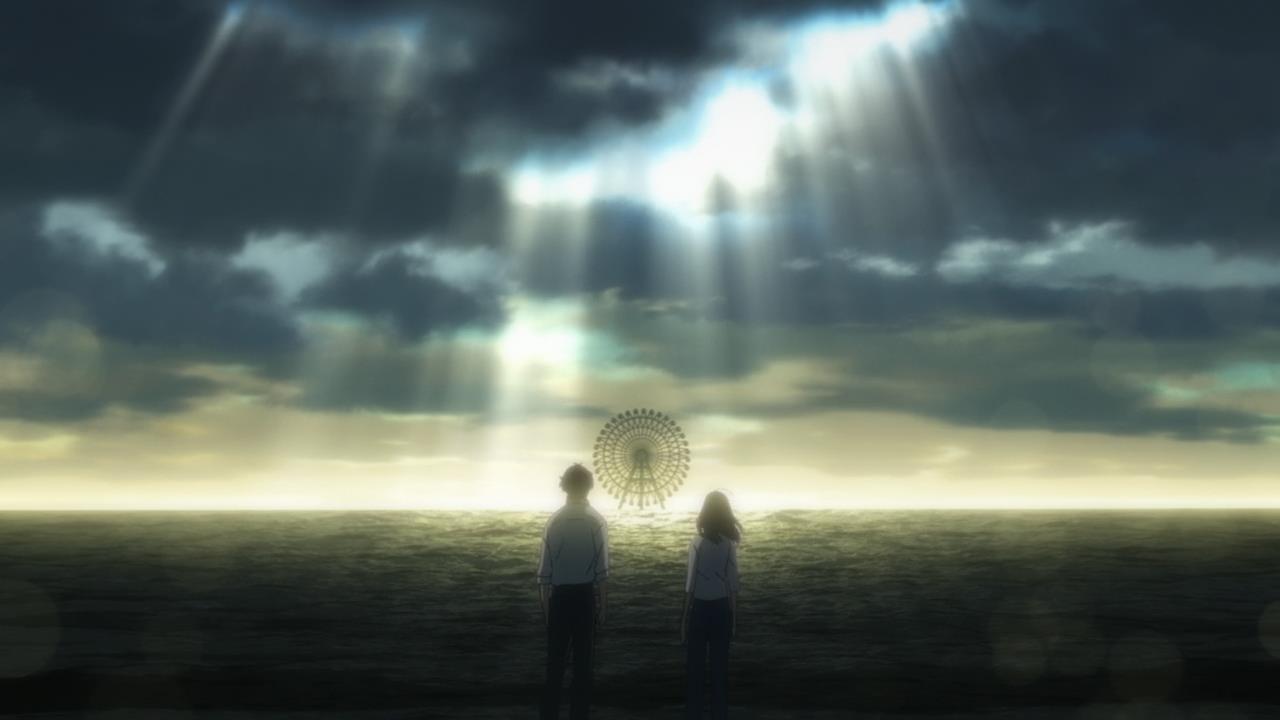
I started watching Fune wo Amu on impulse. Long story short, I wanted something brief and uplifting to put my mind at ease. I'd been hearing relatively good things about Fune wo Amu since it first aired in 2016. I'd also seen it likened to both Shouwa Genroku Rakugo Shinjuu and Kaze ga Tsuyoku Fuiteiru - two of my favorite anime. Therefore, I came in to the show with high expectations.
Fune wo Amu was a joint project, written by Shion Miura and illustrated by Haruko Kumota - which explains the comparison to Kazetsuyo and Rakugo. Miura wrote the former, and Kumota the latter. Each author's respective brilliance unite beautifully in this tale of stubborn passion and unrelenting struggles.
But more on that later.
Fans of Haruko Kumota will immediately pick up on some familiar motifs in Fune wo Amu's plot. Rakugo's exploration of complimenting yet opposing forces, for example, is channeled through Mitsuya Majime and Masashi Nishioka, our two main leads.
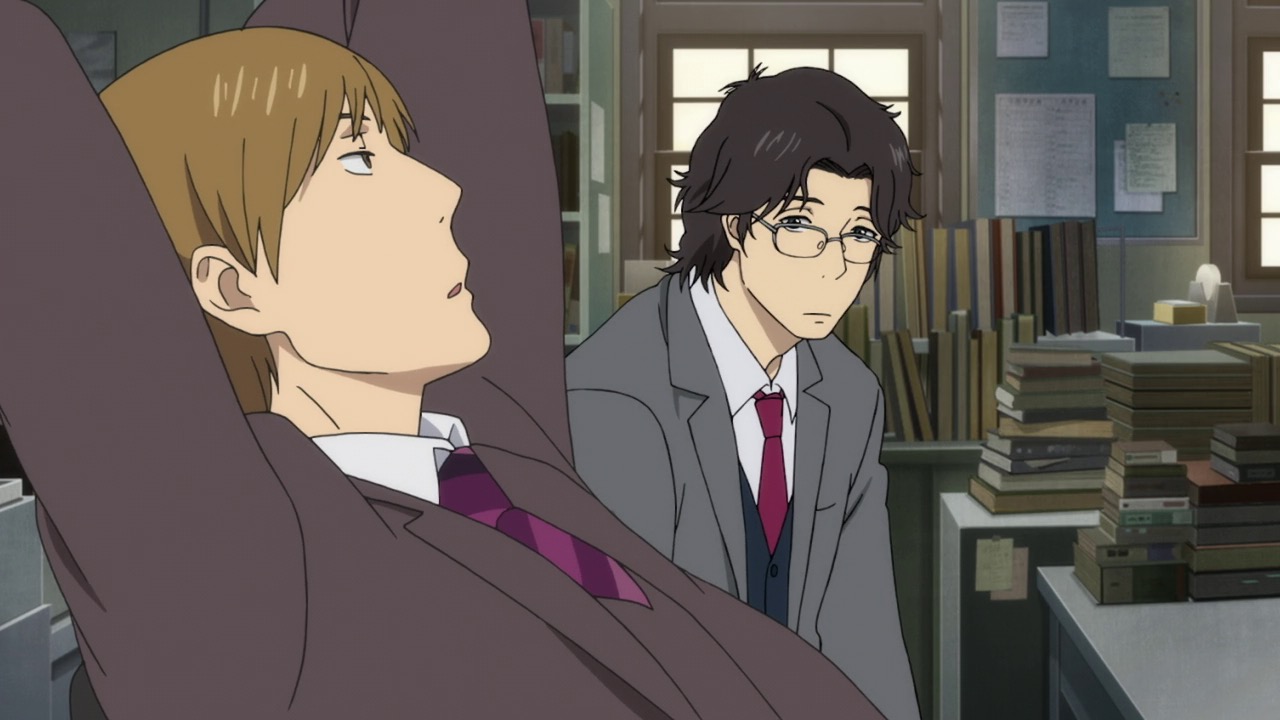
Nishioka is a frivolous fast-talker and go-getter. Originally, he applied to be in his company's PR department, but somehow ended up compiling dictionaries. He doesn't bemoan his placement. At the same time, he won't pretend to be passionate about something he has no interest in. He does his job well for a sense of self-satisfaction and pride, nothing more. While he lacks in overt passion, he more than makes up for it with likability, uniting the rest of the office in a strong bond.
In contrast, you have the socially-inept Majime. He originally starts out in sales, but fails quite spectacularly due to his timid and obtuse nature. Just like Nishioka, Majime is not one to complain about his job. Rather, he's the kind of person to flounder in an ill-suited position his entire career and never once dare to dream of something better.
The one solace in Majime's life is found on the pages of a book. Not so much the stories themselves, but rather the language piecing them together. Majime loves words. In that sense, he is a walking contradiction: a man who intimately knows words and has their various meanings memorized, yet can never express himself competently.
Only through a chance encounter do the two foils collide. When Nishioka witnesses Majime thinking over the myriad interpretations of 空気 (kūki, or air) he can't forget he strange encounter. Off-handedly, Nishioka describes Majime to his co-worker Kouhei Araki, a veteran of the department searching for a suitable apprentice. Nearing his retirement, Araki knows he won't be able to see their latest project through to the end. Upon learning about Majime's fondness for words, Araki is determined to recruit him into their ranks, convinced he will be the one to carry the torch in his stead.
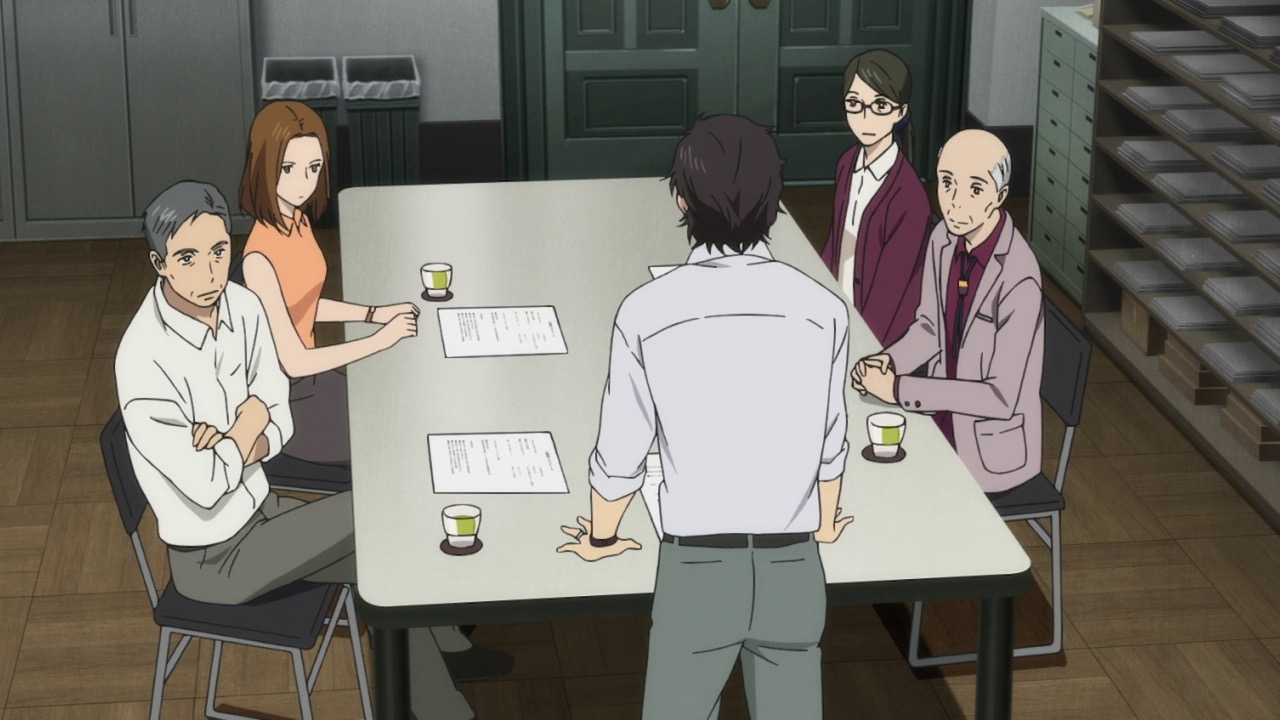
The rest of the show tackles 13 years of effort and strife, as the dictionary department take on all kinds of obstacles standing in their way of eventual publication.
Exciting content, right?
I'm joking, of course. Exciting is honestly the last word I would use to describe Fune wo Amu. That might be a damning statement for some. If that's the case, then feel free to stop reading now. I'm not going to try and sell you on the premise. Really, there's nothing to sell if you already haven't been sold. It's an anime about making a literal dictionary - there's no amount of sugar coating that can sweeten the facts.
For those of you with piqued curiosities, however, hear me out. I mentioned earlier that what led me to Fune wo Amu was a desire for something short and uplifting. Those two adjectives are quite fitting. At a mere eleven episodes, this anime can be devoured in one sitting. Personally, I spread the experience out over two nights. Part of this was because I'm a working adult with worldly obligations. Mainly, however, I didn't want the show to end.
Both narratively and technically, Fune wo Amu is near flawless. It's solid production and thoughtful writing had me hooked immediately. By episode two, I was jotting down quotes and researching it's conception. And come episode seven, I was ready to profess my undying love.
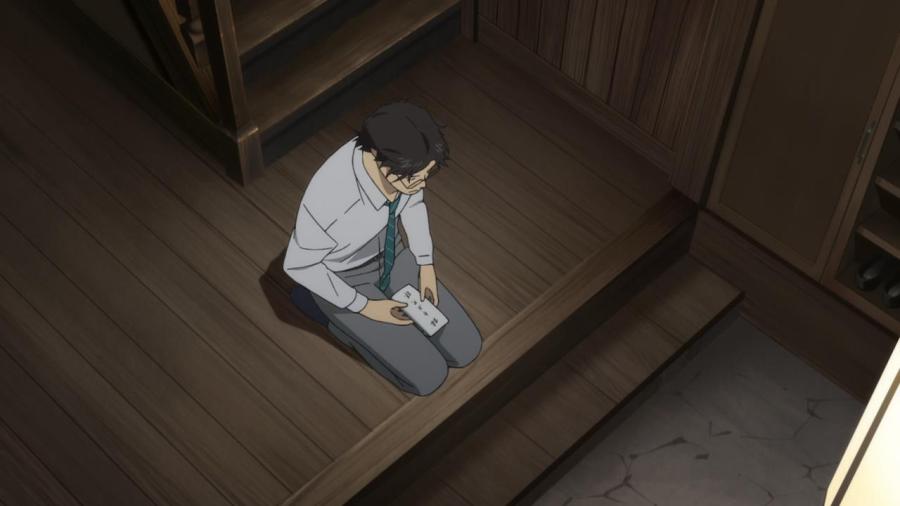
The most apt word I can think of to describe Fune wo Amu is "adult". Typically, I don't like throwing around such an inane platitude. Something being "adult" means about as much as something being "deep". That being said, I will break this rule for the sake of discussing how Fune wo Amu handles mature topics.
When I say mature, I don't mean in the mainstream context. Fune wo Amu isn't an adult story for any gratuitous reason. It simply features adults as they go about their lives and tackle setbacks with careful consideration. If you've ever worked on a professional team, I can guarantee you will find these characters familiar and relatable. Similarly, if you've ever had to deal with bureaucracy in your job, certain scenes will ring painfully true. I've never seen the dichotomy between well-intentioned individuals and the corporate agenda so skillfully portrayed - and in an anime, of all mediums.
Bureaucracy seems like a big word to be throwing around, but truly this anime tackles the issue with surprising nuance. It takes a look at what happens when genuine passion is confronted with people who just aren't interested. And that's a pretty heavy topic to cover, especially when it wears the guise of something inspirational.
It's important to note that there are no real antagonists in Fune wo Amu. If you pressed me to name an opposing force, I might say time or apathy or human error or miscommunication. But they're all abstract threats that come as a natural course of life.
The obstacles in Fune wo Amu aren't really what matter. What matters is how the characters overcome them, and more importantly, why.
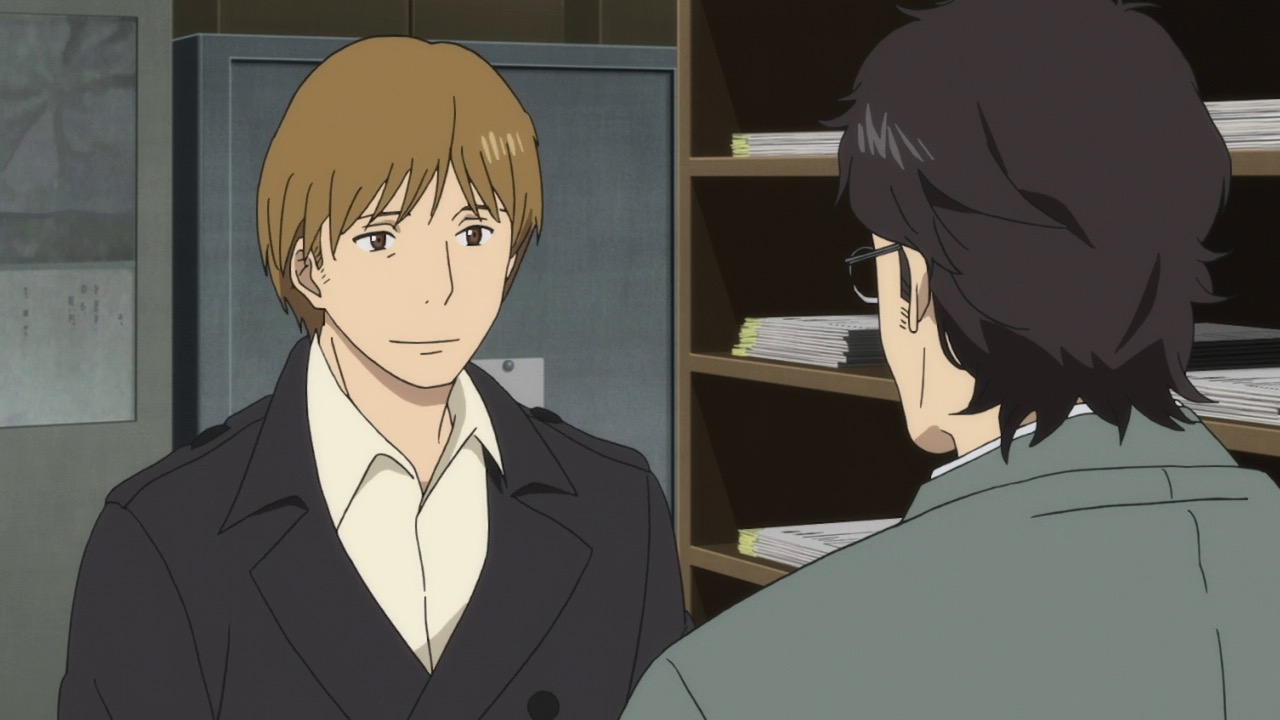
As a side note, I'm typically not a fan of media where authors preach about the importance of words and story-telling. Sometimes it works, but most of the time it comes off as overly-indulgent and self-congratulatory.
In many ways, Fune wo Amu feels like an answer to these frustrations. It walks a thin line, for sure. But never once was I off-put by this anime's enthusiasm for language. It always came off as earnest, and pure.
This anime isn't about the power of stories or the brilliance of orators. Instead, Fune wo Amu removes people entirely. Meaning is found in words alien from the author's intent, for words aren't tools. They can’t be controlled by humans, and Fune wo Amu denounces those who try.
Rather words are alive, vibrant and free. As living beings, they are born, evolve over time, and eventually fade from existence.
That's honestly the closest thing this anime gets to a thesis...words encompass a vast, ever-expanding sea, and the feat of capturing them in a cohesive collection pretty much goes against all logical reason. Why compile a dictionary when eventually, inevitably, it will fall out of use and submit to the ebb and flow of time?
Well, that brings us back to the why. Why do these characters spend 13 years of their lives compiling and editing over and over again? Even if the dictionary does manage to get published, they must continually return to it for the rest of their lives, reviewing and updating it as needed. Why do they suffer through the endless revisions? The endless set backs? Why not just give up?
Because, fickle as they may be, words are necessary for human connection. Hence the title of the dictionary. The Great Passage refers to a ship, built to navigate the expansive sea of language and communication.

The main cast recognizes this truth. They know intimately the power that words possess, as they've experienced it themselves. A clumsy and meandering love letter can lead to a lifelong connection. Two contrasting personalities can learn to appreciate the others strengths through communication. And a carefully curated dictionary can be one thing to bridge human understanding.
Look at me, waxing about the importance of words, like the hypocrite I am. I would say more, but honestly half the joy of this anime comes from listening to the characters yourself.
On the topic of human connection, let's quickly talk about love. Along with "adult", I would also describe Fune wo Amu as "loving" in all facets. The characters are well-intentioned and passionate. They assume the good in humanity always, and do their job to the best of their abilities. Watching them work tirelessly makes me want to surround myself with people like that in my own life.
Beyond work, they are loving in their philosophies. They are constantly reflecting on their efforts, and reaffirming their purpose. These people fully believe in the weight of their work. Never once do they succumb to apathy - it doesn't ever occur to them not to care. And ultimately, those are the characters that mean the most to me.
One other thing I was not expecting from Fune wo Amu was fulfilling romance. The two love stories featured only take up only about 30% of screen time. Even still, this anime's handle on romance has to be some of the most competent and fulfilling I've ever seen in josei. I don't want to dwell too much on this aspect, because ultimately it's not the most important part of the show. I just wanted to highlight that fact that Fune wo Amu treats even it's minor storylines with deft care.

In terms of visual presentation, I can't imagine many sakuga enthusiasts will love this series. Not to say that it doesn't look great - it does. The character animation and backgrounds are especially pleasant. That being said, the aim of Fune wo Amu is not to be flashy. The entire show is incredibly grounded, animated almost as if it were a live action drama (actually, very little would be lost or changed if it had been live action).
The only reprieve from this realism comes during brief moments of visual metaphor, where two recurring motifs are featured: a literal ocean to represent the vastness of language and a far-away, ever-turning Ferris wheel to represent the circle of life.
The music is also phenomenal. Composed by Yoshihiro Ike, it acts as a perfect compliment to the show's feel: uplifting and hopeful.
And then there is the setting. If the characters of Fune wo Amu feel reminiscent of Haruko Kumota's other works, then it's the settings that undoubtedly belong to Shion Miura. Miura is especially talented when it comes to creating memorable locations. The dorm from Kazetsuyo is a good example of this. Chikusei-sou felt real and lived in, like a character in and of itself. By the end of the series, you develop a real attachment to the rundown building, for you've spent so much time there alongside the characters. Moreover, in the beginning of the story, Chikusei-sou is the only force unifying our cast, acting as the literal glue keeping them together.
Like the dorm in Kazetsuyo, both Majime's building and the dictionary department offices serve to enrich the narrative. The former offers clear insight into who Majime is as a character. When we are first introduced to his living situation, we learn he is unmarried, messy, and surrounds himself with a wall of books.
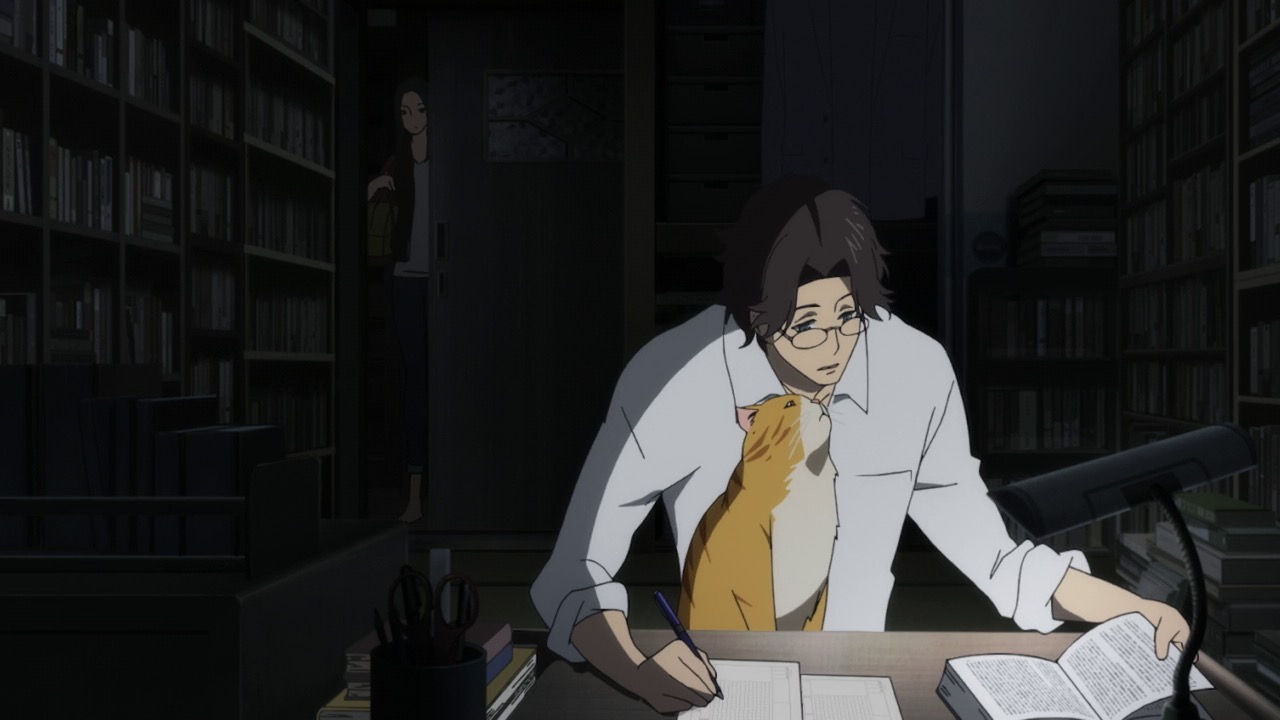
The astute viewer will also notice that this clutter follows him everywhere, even to the office.

In terms of that office...well, I'll just let the characters explain its significance...
"It's an old building, isn't it?"
"Yes....er, I mean no."
"It may look like the dictionary editorial department was relegated to the corner, but this was the main building around the time I first started here. The company has put in effort to making dictionaries, so we weren't relegated - we remained."
The dictionary department offices are a physical embodiment of the effort and passion of the people who work there. They've managed to prove their worth time and time again, stubbornly refusing to be defunded or dissolved. The building is old because making dictionaries is old; it's a practice that's been preserved against all odds. Passionate people will keep it alive, like that ever-turning Ferris wheel, working hard to pass on the baton.
One final thing I feel compelled to praise is the voice acting. To begin, the characters are phenomenally well-cast, especially our two leads. Takahiro Sakurai is flawless as the well-meaning yet awkward Majime. He can so perfectly balance the moments of whimsy and kindness with charming humor and quirky mannerisms.
Playing off his performance is another legend, Hiroshi Kamiya. I've always thought his voice was well-suited for a fast-talking businessman, and Nishioka's flippant personality allows him to have fun with the delivery. You can always expect quality performances from these two actors, but combined this show's realism, their voices are given new life.
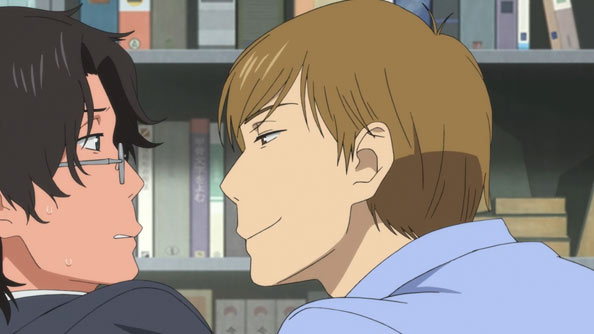
--- “Perhaps dedicating your life to something frees you from the world somehow.”
--- I don't know exactly when I stopped being fun - perhaps sometime in college? Who can say.
The point is, I'm gradually losing interest in stories that are not grounded. Obviously, there's a time and place for shenanigans. And occasionally I'll turn off my brain for bit of fun. But more often than not, I want something feels real and relevant to my now.
But that seems rather ill-fitting for a medium like anime, no? A medium that's known for it's over-the-top story-telling and irreverence.
The truth is, as an adult anime fan, I've become very picky. I only have so much free time, so I want to invest wisely. That's why I'm thankful for Fune wo Amu. Not only was this anime wonderful, it gave me much needed motivation. While watching, I was simultaneously overwhelmed by work - so much so that this review was delayed by a week. But ultimately, it was for the best. Because watching these people work so damn hard and never once waver in determination made me re-evaluate my own intentions.
For someone younger, this might not be a good enough reason to watch Fune wo Amu.
If you've ever felt yourself lose purpose in your professional life, however, I highly recommend this anime. The only critique I have is that it's far too short. I would have happily watched 50 more episodes detailing those 13 years of effort. But I suppose that's a telling flaw: when a show is so good that you never want it to end.
In summary, Fune wo Amu won't be for all, but it was definitely for me.

EnderVsqz626
90/100I loved it if you give it a chance I swear you won't regret it.Continue on AniListMuriel Rukeyser said that the universe is made of stories and not atoms, and as stories are made of words we can conclude that ultimately the universe is made of words. And with this in mind the anime I am going to review below gives us a beautiful love song to words and how they allow us to connect with others and the world around us.
Fune wo Amu or as it was titled in English, The Great Passage is an 11-episode anime based on the light novel written by Shion Miura, premiered during the fall 2016 season in the NoitaminA block. It was animated by Zexcs studio under the direction of Toshimasa Kuroyanagi.
The story begins when the head of the dictionary department of the Genbu Shobo publishing house, Kohei Araki, who is about to retire to devote time to his ailing wife, searches for an editor with sufficient knowledge and talent with words to replace him and finds him in the person of Mitsuya Majime, a shy man who, despite his fascination with the meaning of words, is unable to connect with other people and establish meaningful relationships with them.
Throughout its 11 episodes we follow Majime and the other members of the dictionary department in their quest to publish a dictionary very different from those that have been published before. And in addition to the human characters, words also become important protagonists in this story with their ability to build bridges of understanding between people who are very different from each other.
At the beginning Majime, a young, unsure of himself and inexperienced young man is trapped in a job as a salesman at the publishing house that he not only doesn't like but is not very good at, but a chance meeting with Masashi Nishioka, one of the editors of Genbu Shobo will put him on a collision course with his true passion: words.
A recurring theme in Fune wo Amu is the search for that which moves us, a passion to which to devote our lives and Majime, Nishioka and the rest of the dictionary department find it in devoting their time and talent to the development of the Daitokai or a dictionary that acts as a ship to sail the great ocean of words and carry its crew to the safe harbour of understanding and many of the characters refer to words in this way: the ship that carries us through the sometimes turbulent sea of words and their various definitions and uses.
Fune wo Amu is not only about how we use words, it is also a story about finding our place in the world and how difficult it is to communicate with others despite speaking the same language because the words we use not only have dictionary definitions but also carry within them intention and feeling. This is exemplified in Majime and Kagura's relationship, she a passionate foodie on her way to becoming a great chef, he introverted and not yet finding his place among his peers, and it is these differences that initially make me dislike the couple. I don't particularly like how Majime seems to fall in love with her at first sight and decide to make her his wife not only without ever having spoken to her but even worse without taking into account her feelings or her wishes.
These were my initial objections to a potential relationship between Kagura and Majime but upon further development of both characters we see that Majime is not incapable of expressing his feelings for Kagura in a way that she can understand because of the tired trope that men are from Mars and women are from Venus and that there can never be an understanding between the two or because of the fear of women that many anime protagonists suffer from but because Majime feels ill-equipped to make himself understood to his fellow man and despite his great knowledge of women. There can never be an understanding between the two, or because of that fear of women that many anime protagonists suffer from, but because Majime feels ill-equipped to make himself understood to his fellow man, and despite his great knowledge of words and their definitions when using them to make himself understood, they are not enough for him. It is this aspect of his personality and how we later see him come out of his shell a little in his relationships with the rest of the dictionary department and especially with Nishioka, that ultimately sells him as a character.
Fune wo Amu presents us with a battery of characters who in the end overcome the limitations of the medium in which they find themselves and become flesh and blood people with their ups and downs all united by their love of words and their willingness to dedicate their lives to the task of compiling them for the benefit of their fellow man, there is a recurring theme throughout the story that equates words with the thread that connects us all as a species and their importance in good relations between people. We are unable to fully relate to each other if we cannot understand each other, and it is with this mindset that everyone embarks on the creation of this dictionary for modernity.
In the end, Fune wo Amu, like its characters, is an anime that has ups and downs, especially the second half after a time skip that introduces new characters for which there is no time to develop them properly so emotionally you don't feel connected to them but what it does have is a lot of heart and a lot of passion and dedication to the story they want to tell.
Language as with all living creatures changes, evolves and transforms. New words are born and some others fall into disuse but it never ceases to have the same importance in how it serves for individuals to connect with each other and finally recognise that despite all the cultural, social or geographical barriers we are not so different at all.
I recommend that you give this anime a chance, a simple slice of life, which is easily consumed and does not disappoint.
I loved it if you give it a chance I swear you won't regret it.
SIMILAR ANIMES YOU MAY LIKE
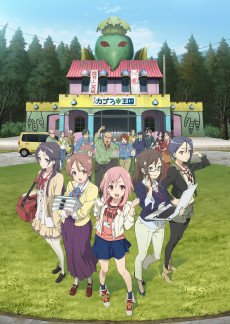 ANIME ComedySakura Quest
ANIME ComedySakura Quest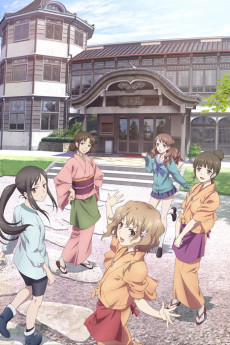 ANIME ComedyHanasaku Iroha
ANIME ComedyHanasaku Iroha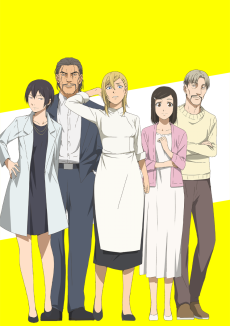 ANIME ComedyNami yo Kiitekure
ANIME ComedyNami yo Kiitekure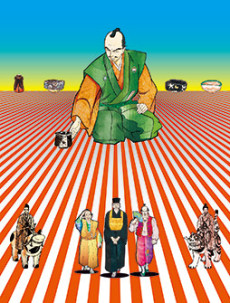 ANIME ComedyHyouge Mono
ANIME ComedyHyouge Mono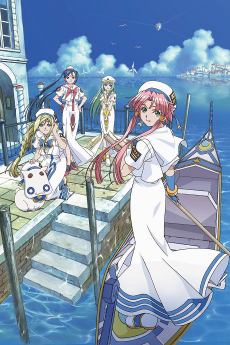 ANIME FantasyARIA The ANIMATION
ANIME FantasyARIA The ANIMATION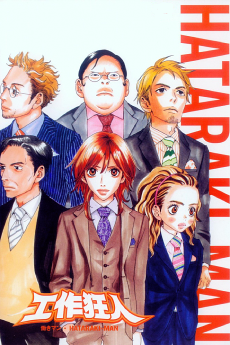 ANIME ComedyHataraki Man
ANIME ComedyHataraki Man
SCORE
- (3.7/5)
TRAILER
MORE INFO
Ended inDecember 23, 2016
Main Studio ZEXCS
Trending Level 1
Favorited by 417 Users
Hashtag #舟を編む

